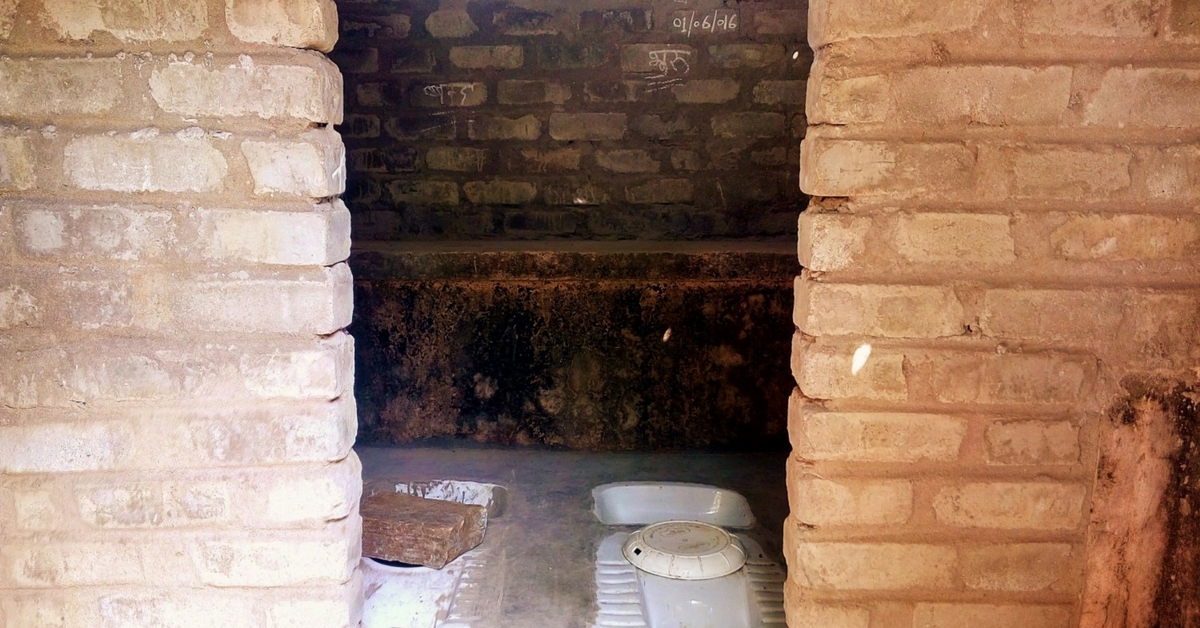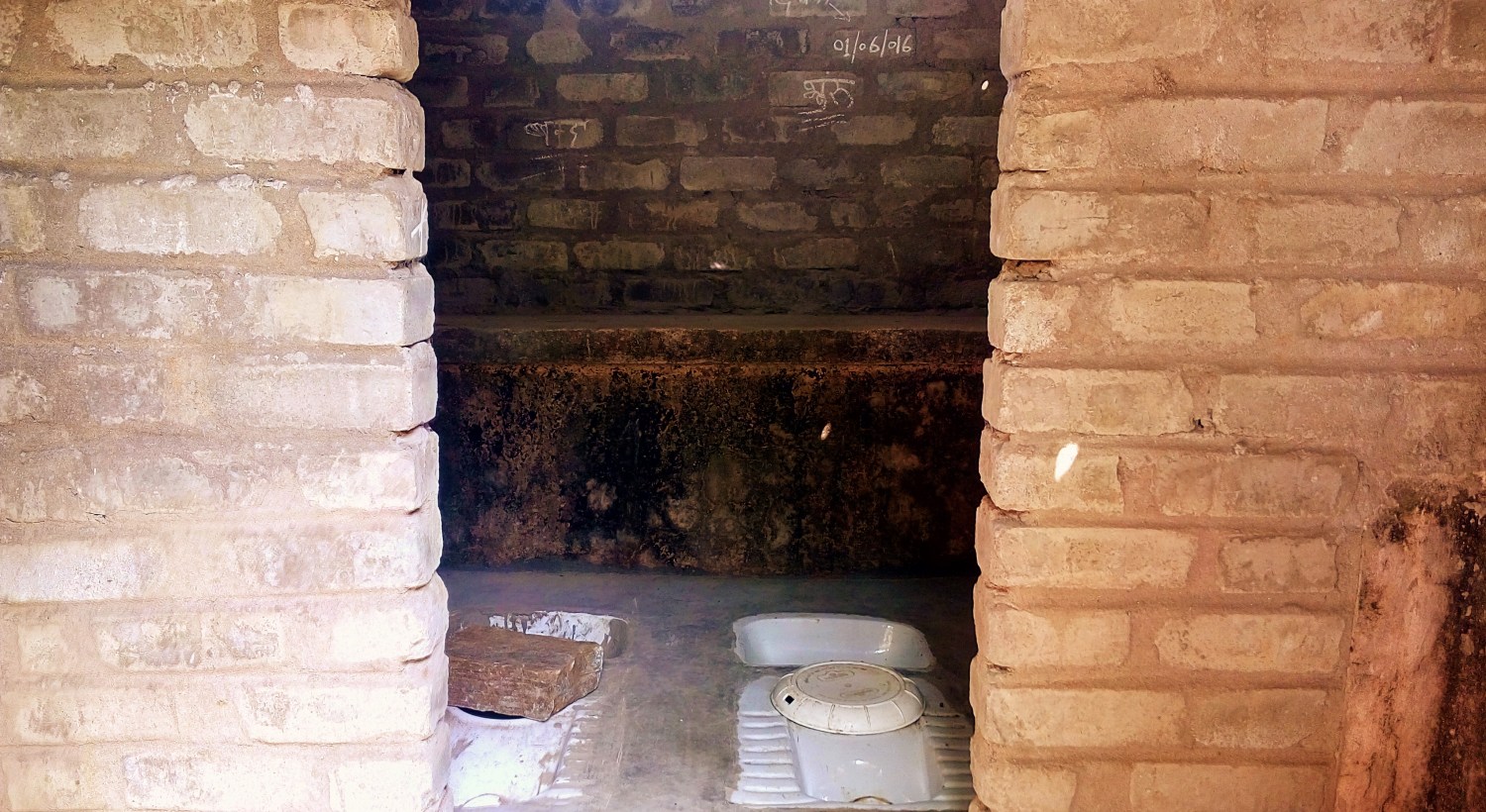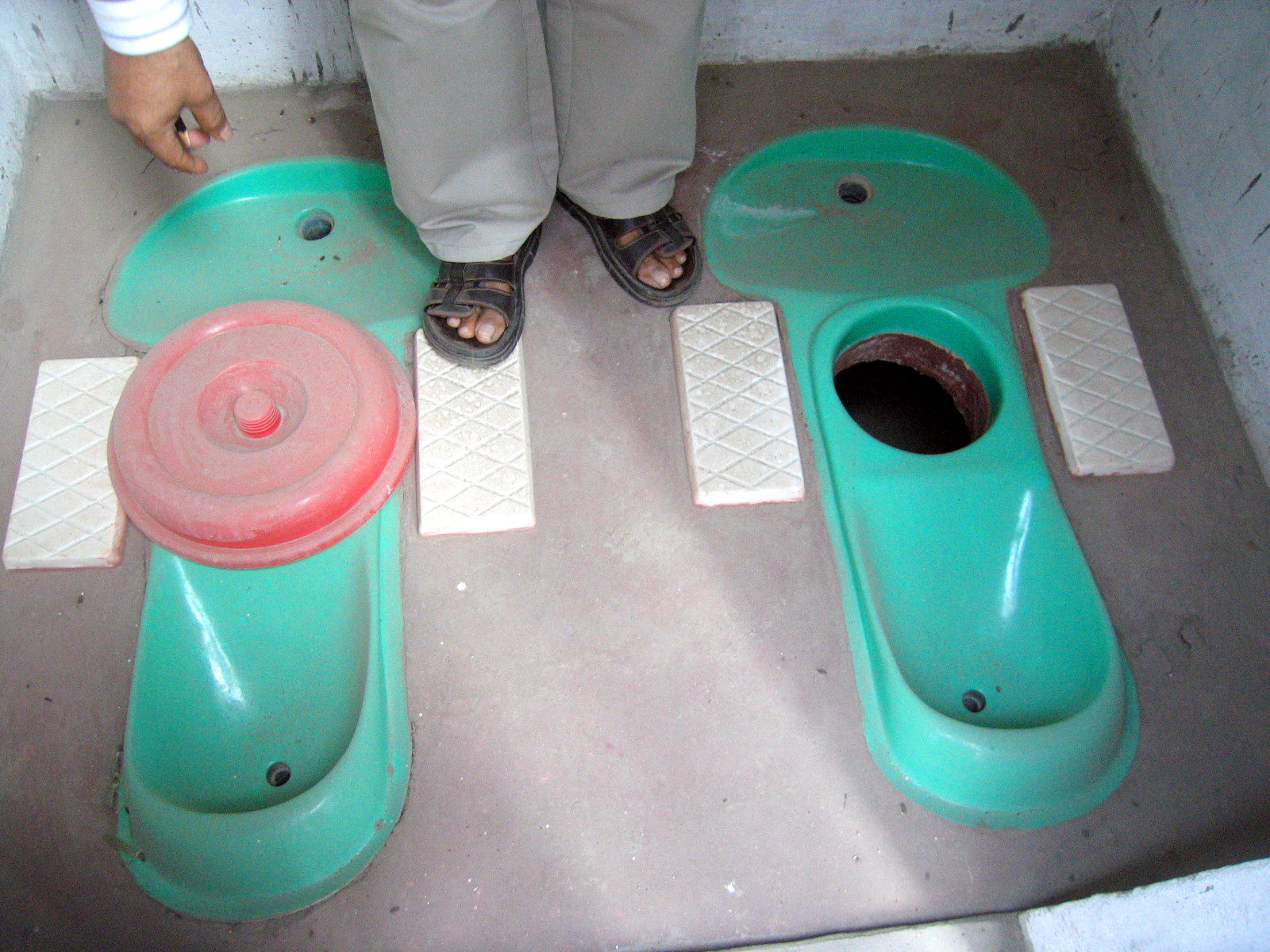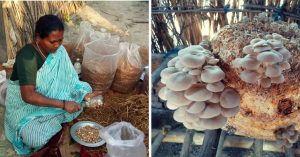TBI Blogs: How an NGO in Rural Rajasthan Is Encouraging Villagers to Build Innovative, Sustainable Toilets
The quest to make India open-defecation-free continues. An organisation is contributing to the drive by offering a unique and sustainable solution in Rajasthan’s villages — EcoSan toilets.

The quest to make India open-defecation-free continues. An organisation is contributing to the drive by offering a unique and sustainable solution in Rajasthan’s villages — EcoSan toilets.
Seva Mandir, a non-profit organisation based in Udaipur and Rajsamand districts of Rajasthan, kick-started a pilot project eight years ago, in 2009, to ensure clean drinking water and sanitation in some of the most deprived and remotest villages. Recently, during one of her field visits, Bhumika Rawat, an India Fellow from the 2016 cohort, who is placed with Seva Mandir, got a chance to learn closely about ‘Ecological Sanitation’, or ‘EcoSan’, in the village Patherpadi of Kotda Block. In broad terms, EcoSan is a unique system of sustainable sanitation wherein human excreta is converted into nutrients, and the nutrients are then returned to the soil.
Campaign Background
In the year 1999, the Government of India launched the Nirmal Bharat Abhiyan, a programme following the principles of community-led total sanitation. The main goal was to eradicate the practice of open defecation by 2017. In 2014, the Nirmal Bharat Abhiyan was replaced by the Swacch Bharat Abhiyan.
Interestingly, right from the beginning, Seva Mandir’s community-led sanitation program was not focussed on building infrastructure, but on changing cultural norms to prevent open defecation. However, a process that demanded a change in the transformation of cultural mindsets obviously led to an increase in the demand of toilets in villages. This, in turn, meant that two factors needed to be addressed—firstly, the issue of water scarcity in semi-arid regions, and two, how to shrink spaces of open defecation effectively and utilise them to create sustainable toilets in rural areas specifically.
The answer to all these problems was an EcoSan toilet.

How EcoSan works
EcoSan requires the separation of solid and liquid waste at source. The faeces are covered with ash or husk. Human urine is used as a fertilizer, collected in a separate can. It is a waterless, dry flush toilet. The process also uses water only for washing, reducing dependence on the limited resource.
Each EcoSan toilet has two identical commodes built inside it. There are three pits built into each commode. The first one is for liquid waste or urine, and is shallower than the middle one, which is for the solid waste or excreta. The last one, which is as shallow as the one for urine, is used for cleaning. The purpose is to store the excreta in a big pit to convert it into high-quality manure, while the urine is stored in a plastic can to make pesticides and fertilizers.
When the excreta pit of one commode is full, it is kept closed for six months to a year to convert it into manure. In the meantime, the other commode is used for defecation. This cycle is followed every six months to one year. On the other hand, when the urine can is full, it is immediately exchanged with an empty can. The full can is then kept closed for a month so that the smell goes away, and the urine decomposes to become a pesticide.
So what are the benefits of EcoSan toilets?
- Economic benefits: the cost of manure is saved, and it increases the quality and quantity of agricultural produce.
- Reduction in diseases, and it also saves the charges of the doctor and medicines.
- Easy use for all members of the family.
- Affordable water-free toilet with very nominal monthly maintenance.
The EcoSan Sanitation program (of Seva Mandir) explored four key innovations on sanitation:
- EcoSan Waterless Technology, which converts human waste into useful agricultural products.
- A slow, demand-led approach, using demonstration toilets to introduce users to the concept of EcoSan. This would also enable users to both request and contribute to the construction of their personal toilets.
- Establishing community norms for sustainable use and behavioural change.
- Leveraging resources from the government’s campaign to help fund toilet construction.
The challenges of setting up EcoSan toilets
- If there is no sweeper available nearby, then how will the manure be collected from pit?
- Many people still prefer to defecate in the open.
Seva Mandir, during their research and campaign, has mainly faced the second challenge. In that light, during her field visit, Bhumika met families who are successfully using EcoSan toilets and living better lives. However, the number of families who continue to defecate openly in the area is also quite large, and the toilets have not been maintained well either. All of them do know about the positive reviews and feedback of families using the EcoSan method, but as they say, old habits die hard!
In a recent study in the same area, conducted by an intern at Seva Mandir, many reasons for not using EcoSan toilets were revealed. Some of these were:
- Residents are not habituated to indoor defecation.
- They do not understand or like the concept of EcoSan.
- The residents don’t like dry toilets, and want toilets with water supply inside.
- Many families don’t have a reason for not using toilets at all.

But, let’s look at the brighter side!
However, with more regular follow-ups, more people are opening up to the idea of using and maintaining EcoSan toilets. The key is to keep talking to people about the benefits, and help them with the construction. Seva Mandir continually helps villagers in the construction of and awareness about these toilets which offer better living standards and hygiene practices.
The organisation has constructed more than 1,000 toilets (both EcoSan and regular) in various villages of Udaipur. Many toilets were also constructed in partnership with MGNREGA and Gram Panchayats to aid families financially. In fact, this collaboration has only motivated villagers to build more toilets.
Today, there are lot of key challenges for the organisation as well. One such key issue is the availability of manpower, which results in difficulty in following up with the families. The organisation is currently trying to address the issues one by one. However, this change is behavioural in nature, and mainly concerns tradition. As such, it will take time to evolve and change for the better.
Find out how you can help Seva Mandir transform more lives by contributing online. Learn more about the India Fellow Social Leadership Program here.
Like this story? Or have something to share? Write to us: [email protected], or connect with us on Facebook and Twitter.
NEW: Click here to get positive news on WhatsApp!
This story made me
- 97
- 121
- 89
- 167
Tell Us More
We bring stories straight from the heart of India, to inspire millions and create a wave of impact. Our positive movement is growing bigger everyday, and we would love for you to join it.
Please contribute whatever you can, every little penny helps our team in bringing you more stories that support dreams and spread hope.



















